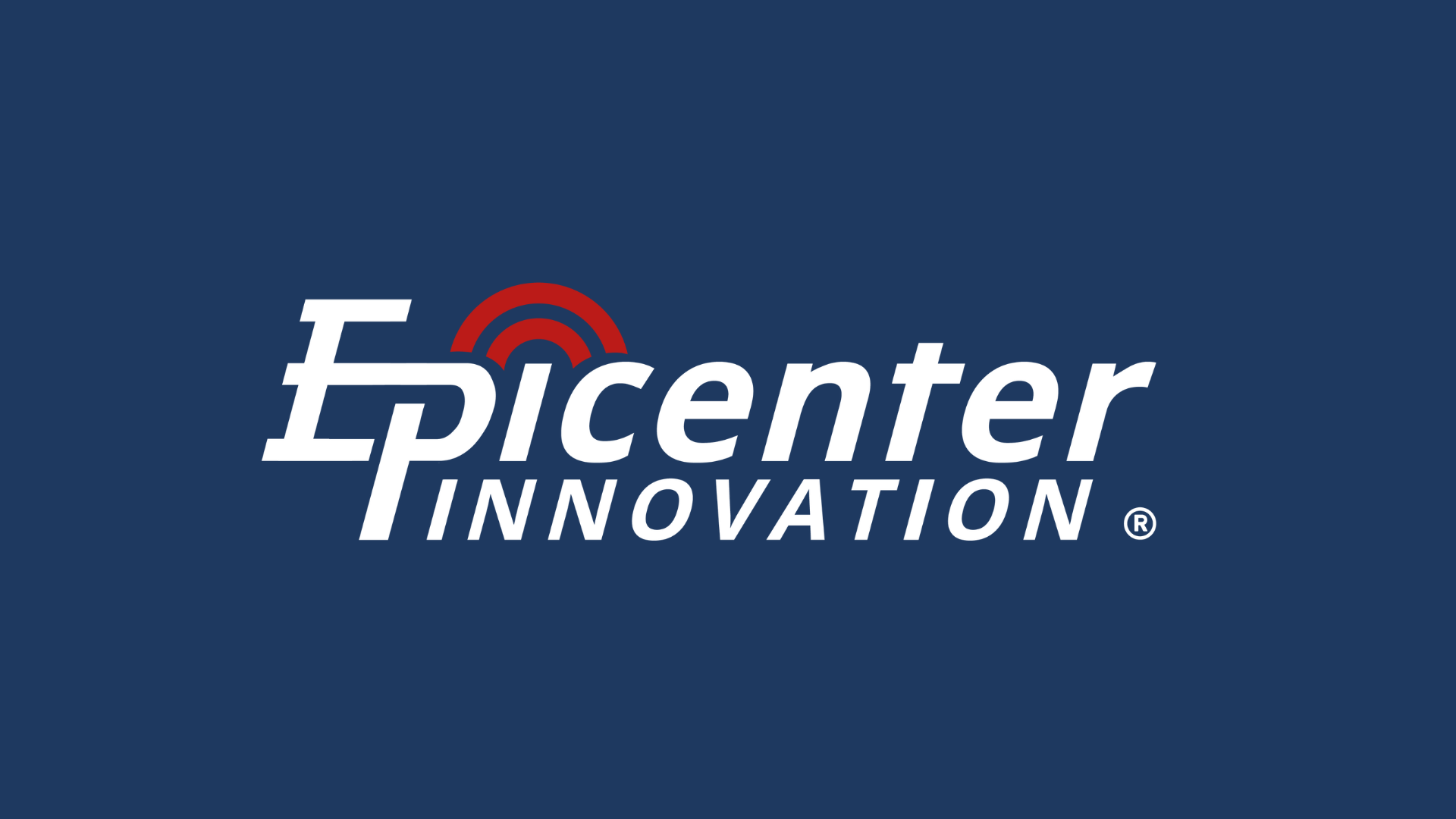Comparing Assessments
RITA & MBTI
Personality assessment tools have gained immense popularity in recent years as individuals and organizations seek to gain insights into their natural tendencies and preferences. The Myers-Briggs Type Indicator® (MBTI®) and the Resilience Innovator® Type Assessment (RITA) are two such tools that offer unique perspectives on an individual’s personality and approach to problem-solving. In this article, we will compare and contrast these two assessments, exploring their similarities and differences, as well as their applications in personal and professional contexts. Whether you are interested in personal growth, team building, or innovation, understanding these assessment tools can help you gain valuable insights into your natural tendencies and strengths.
What is MBTI®?
The Myers-Briggs Type Indicator® (MBTI®) is a widely used personality assessment tool based on the theories of Carl Jung. It identifies an individual’s personality type based on four dichotomies: extraversion (E) vs. introversion (I), sensing (S) vs. intuition (N), thinking (T) vs. feeling (F), and judging (J) vs. perceiving (P). These dichotomies result in 16 possible personality types, each represented by a unique combination of four letters (e.g., ISTJ, ENFP).
How Can I Use MBTI®?
MBTI® has a wide range of applications in various fields, including personal development, team building, career counseling, and leadership training. It can help individuals gain insights into their preferred ways of perceiving and interacting with the world, understand their strengths and weaknesses, and improve communication and relationships with others. MBTI® is also commonly used in organizations for team building and to facilitate better understanding and communication among team members.
What is RITA?
The Resilience Innovator® Type Assessment (RITA) is a personality assessment tool. It identifies an individual’s Resilience Innovator® archetype, of which there are ten. These archetypes represent different approaches to resilience, problem-solving, and innovation, with each type having its unique strengths and preferences.
How Can I Use RITA?
RITA is specifically designed to assess an individual’s resilience level and innovation style and can be used in various contexts, such as innovation and entrepreneurship training, organizational development, and leadership development. It can help individuals understand their reactions to stressful environments, their natural innovation tendencies, their strengths in the innovation process, and their areas for growth. It can also facilitate effective teamwork and collaboration by bringing together individuals with complementary innovation styles.
How are MBTI® & RITA similar?
Both MBTI® and the Resilience Innovator® Type Assessment are personality assessment tools that aim to provide insights into an individual’s preferred ways of perceiving, thinking, and interacting with the world. Both also give a typological output as means to quickly communicate one’s general tendencies and styles.
How are MBTI® & RITA different?
While both are useful in identifying one’s personality traits and preferences, there are some differences between the two assessments.
Focus: While MBTI® focuses on overall personality type, including how individuals perceive information, make decisions, and interact with the world, the Resilience Innovator® Type Assessment specifically focuses on an individual’s innovation style and approach to problem-solving.
Number of Types: MBTI® has 16 personality types based on four dichotomies, whereas the Resilience Innovator® Type Assessment has 10 archetypes based on five dichotomies that represent different approaches to innovation.
Depth of Assessment: MBTI® provides a comprehensive assessment of an individual’s personality type with detailed descriptions of each type’s characteristics, strengths, and weaknesses. The Resilience Innovator® Type Assessment, on the other hand, provides insight into an individual’s personality while also providing a behavioral assessment of an individual’s ability to share their personal strengths related to resilience & innovation.
In conclusion, both MBTI® and the Resilience Innovator® Type Assessment are valuable tools for gaining insights into an individual’s personality and preferred approaches to problem-solving and innovation. However, they have different focuses and depths of assessment. Organizations and individuals can choose the assessment tool that best aligns with their specific needs and goals for personal or professional development.
About Epicenter INNOVATION
Epicenter Innovation® is an award-winning professional services firm driven by human-centered, resilience-focused innovation. Our team is here to help you implement a proven framework for creating impact & unlocking the potential of your people.
We’re the connective tissue between organizations that produce technology and those in the field using it. By working on both sides of the public/private-sector divide, we serve as translators & change-makers at all phases of the disaster management lifecycle – driving human-centered, resilience-focused innovation before, during, and after major incidents.
How Can We Help Your Organization?
Book a Call With the Epicenter Innovation Team
Read More
Top 10 Tips to Increase Personal Resilience
Inrceasing your resilience shouldn't be hard, but where do you start? We've got some easy ways to get you going on your resilience journey.
Top 10 Tips for Making Your Team More Innovative
Innovation is vital to having your work make an impact, but it shouldn't be hard. These ten easy tips will help foster an innovation culture for your team to thrive.
Exploring Innovation in Resilience-Building Practices
We've known for a while that resilience and innovation go hand-in-hand. But how? Learn in this short article.


